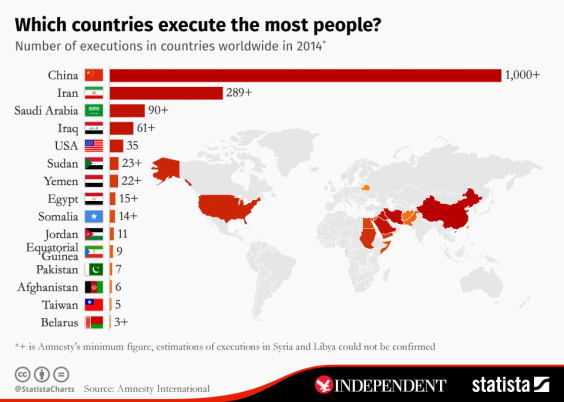New York Times
By DAVID JOLLY
KABUL, Afghanistan — United States airstrikes have helped to break a bloody impasse between Afghan troops and Taliban
militants north of Kabul, allowing repair crews to reach downed power
lines and restore electricity to the capital after more than three weeks
of disruption, an Afghan official said on Tuesday.
Tasked With Combating Opium, Afghan Officials Profit From It
NEW YORK TIMES
By AZAM AHMED
GARMSIR,
Afghanistan — The United States spent more than $7 billion in the past
14 years to fight the runaway poppy production that has made Afghan
opium the world’s biggest brand. Tens of billions more went to
governance programs to stem corruption and train a credible police
force. Countless more dollars and thousands of lives were lost on the
main thrust of the war: to put the Afghan government in charge of
district centers and to instill rule of law.
But
here in one of the few corners of Helmand Province that is peaceful and
in firm government control, the green stalks and swollen bulbs of opium
were growing thick and high within eyeshot of official buildings during
the past poppy season — signs of a local narco-state administered
directly by government officials.
In
the district of Garmsir, poppy cultivation not only is tolerated, but
is a source of money that the local government depends on. Officials
have imposed a tax on farmers practically identical to the one the Taliban use in places they control
(...)
Penetrating Every Stage of Afghan Opium Chain, Taliban Become a Cartel
NEW YORK TIMES
By AZAM AHMED
It was an impressive take for the Afghan forces that day, July 12, 2014. They seized nearly a metric ton of opium in various phases of processing, three AK-47 assault rifles, an automatic handgun, a PKM machine gun, a rocket-propelled grenade, hundreds of rounds of ammunition, four two-way radios and two satellite phones.
But the biggest coup was neither the drugs nor the weapons. It was a passenger who gave his name as Muhammad Eshaq, a 40-year-old carpet seller from Nimruz. After a later inquiry by international officials, the police discovered that Mr. Eshaq was actually Mullah Abdul Rashid Baluch, the Taliban shadow governor of Nimruz Province: a man with blood on his hands and with direct links to the top Taliban leaders in Pakistan.
Check back for regular updates.
The Mobile Generated News (MoGN) Blog
Where Business, Technology, and the News Collide!
Become a Citizen Journalist (CJ) Today!
Every man in Iranian village 'executed on drugs charges'
UK INDEPENDENT
Human rights groups condemned the executions and the support given to the men's families
Lizzie Dearden Feb 27, 2016
“In 2015 the number of executions in Iran for drug offences was the highest in 20 years.”
In 2011, Iran's Supreme Council for Human Rights said 74 per cent of executions in the country were convicted drug traffickers, mainly handling opium being transported from Afghanistan and Europe.
Reprieve, a British human rights organisatoin, said that approximately 600 out of 947 hangings in Iran in 2015 were related to alleged drug offences – as were at least 31 carried out so far this year – amid concerns over unfair trials, forced confessions, and juvenile arrests.
In 2011, Iran's Supreme Council for Human Rights said 74 per cent of executions in the country were convicted drug traffickers, mainly handling opium being transported from Afghanistan and Europe.
Reprieve, a British human rights organisatoin, said that approximately 600 out of 947 hangings in Iran in 2015 were related to alleged drug offences – as were at least 31 carried out so far this year – amid concerns over unfair trials, forced confessions, and juvenile arrests.


No comments:
Post a Comment